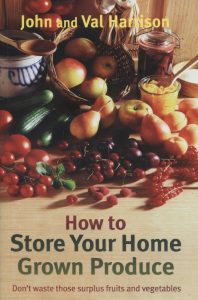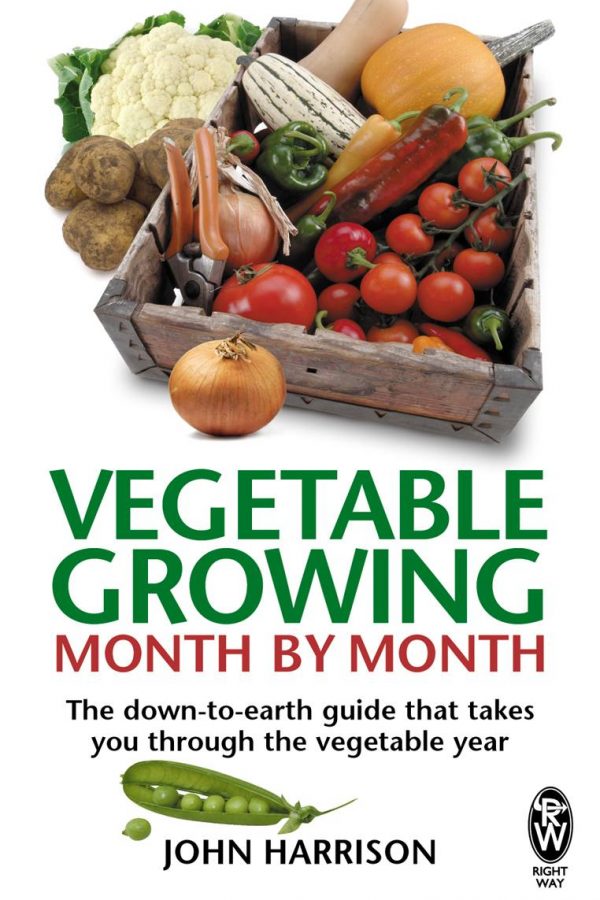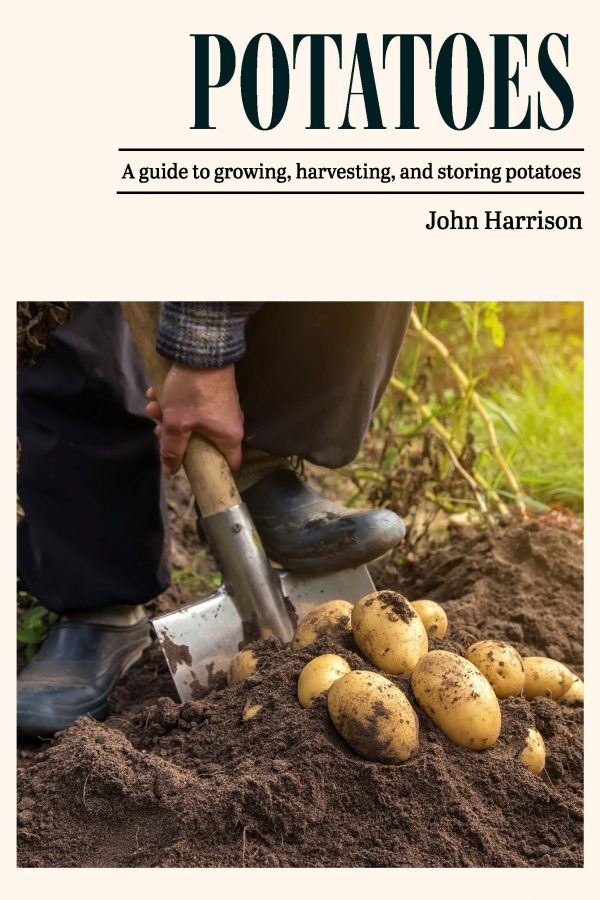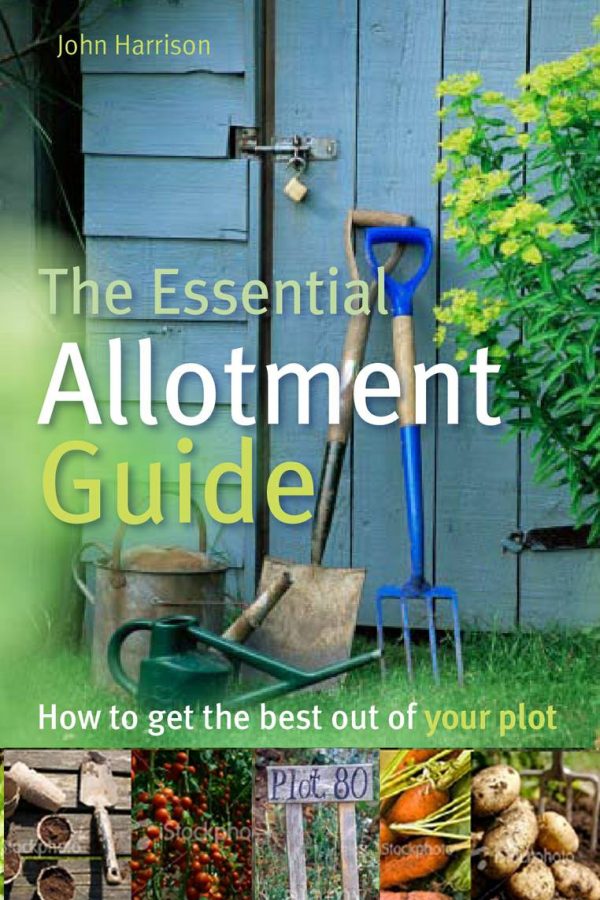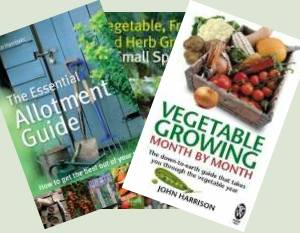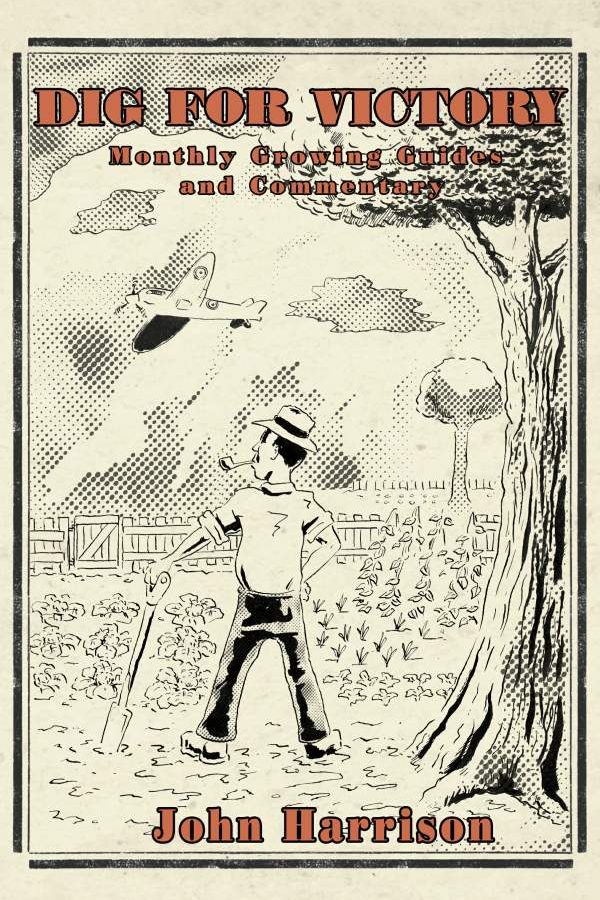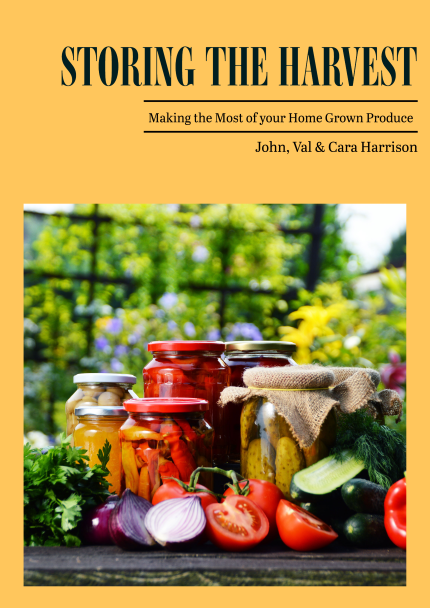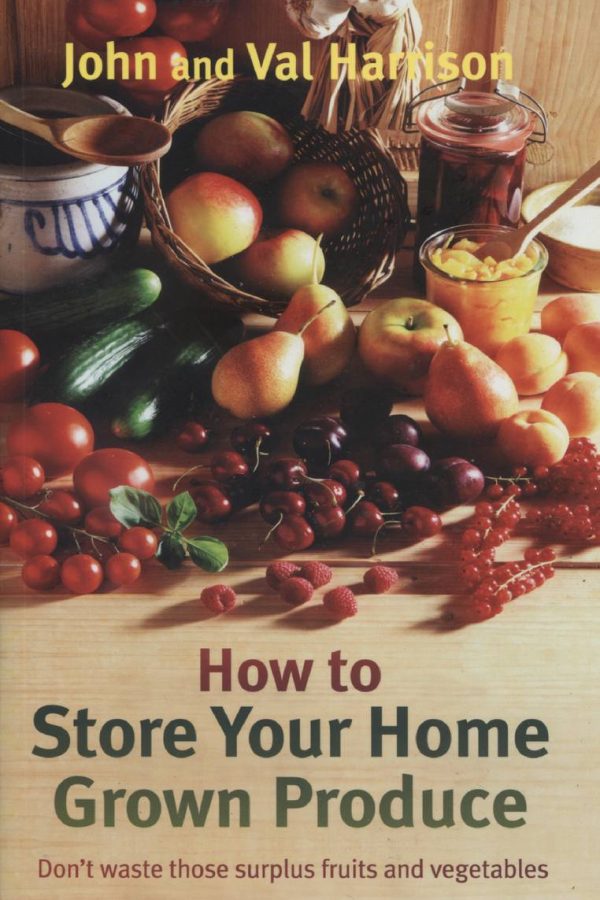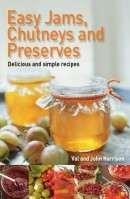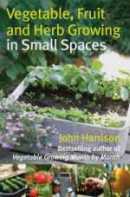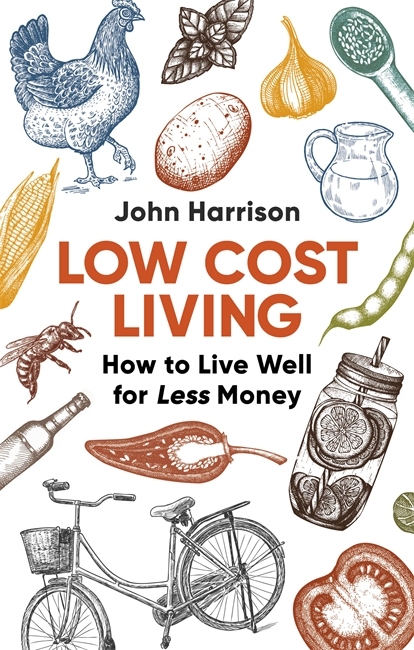Just £9.99 with FREE UK Delivery
You’ve Seen the Web Site – Now Buy the Best Selling Book!
“Don’t waste those surplus fruits and vegetables“
It’s great growing your own and eating freshly picked fruit and vegetables, but what do you do with the inevitable gluts? We’ve faced that problem over the 40 years we’ve been growing our own and this book passes on our answers.
We cover traditional methods of storing produce and honestly explain where they work well and are appropriate – as well as where they are not the best method with the equipment and time available to us today.
This book is aimed at people like us, those who like their own produce but are often busy and short of time. So we show you the quick ways and shortcuts we’ve found work without compromising the quality, or safety, of the food you eat.
It’s not ‘theory’ – it’s a practical guide for those who grow their own on how to store their home grown produce. 186 pages, full colour photographs and diagrams, glossy paper.
Chapter List for How to Store Your Home Grown Produce
- Health and Safety
- What Causes Food to Ripen and Rot and How to Stop it
- Where to Store
- Natural Storage
- Salting
- Lacto-Fermentation
- Bottling (Canning)
- Chutneys
- Ketchups and Sauces
- Pickles
- Jams
- Juicing, Cider and Perry
- Drying
- Storing in Oil
- Freezing
- Vegetables
- Fruits
- Herbs
- Eggs
- Conversion Charts
Comments on How to Store Your Home Grown Produce
The book was published in the UK and USA so some comments are from the USA
I’m impressed by how much ground this book covers in a relatively small space. To name just a few, it covers canning and bottling, dehydration, jams, jellies, and chutneys, and freezing, plus lots more. Plenty of recipes accompanied by great photos and top quality stock paper. Line illustrations and diagrams are also good, making this a fine guide all around.
Review of the US Release from Amazon.com by Catherine White
I must admit to being a fan of John Harrison & his no nonsense, no frills approach to his books. Saying that I am rather pleased that this latest addition to my library written in collaboration with his wife
Val has some very attractive photo’s and more colour than is usual.
As a horticultural lecturer I am always on the lookout for entertaining as well as instructional material to recommend to my insatiable students.
John and Val cover virtually everything veggie that can be preserved, even including a section on eggs. It is the sort of book that inspires you to start preserving and it is one of those books that will become a handy reference work in the kitchen.
John Trim
“An Excellent Resource!”
This is a wonderful book! It includes many pictures, charts, and diagrams. The book has chapters on: health and safety; what causes food to ripen and rot and how to stop it; where to store; natural storage (like “vegetable clamps and pit”, or in sand); salting; lacto-fermentation; bottling (canning); chutneys; ketchups and sauces; pickles; jams, jellies and marmalades; juicing, cider and perry; drying; storing in oil; freezing; and then chapters for some different types of food (vegetables, fruits, herbs, and eggs).
Although the book was written by a couple from the UK, the book is very “American friendly”–all of the recipes have conversions for those of us in the US.
This book is exactly what I hoped it would be! It covers each of the methods of storing food in great detail, with extra explanations about common problems people have or issues that come up for readers who are new to storing food. (For instance, there is a little discussion about the types of equipment you use for different types of storage. What containers are best? What type of freezer is best for you?) There are also a ton of recipes throughout the book! Instructions for everything are VERY clear, and simple.
The authors do not advocate going out and buying a ton of expensive, specific stuff; they teach you traditional methods for storing food, and simple ways of doing things. They encourage experimentation! The authors believe that people want to control their food supply, and they believe that when we grow our own food we are “cutting out all the middle men and carbon costs, and ensuring the quality, safety and flavour of the food we eat.” The book intends to teach people traditional ways of storing food that our grandparents and great-grandparents didn’t teach us.
I highly recommend this book to anyone interested in storing their own food and being in control of their food supply. The instructions and information is extremely accessible–probably anyone 12 years or older could try most of the ideas in this book. This is a resource you will go back to over, and over again, and it is a pleasure to do so since the pictures are so nice and the information is so well presented.
Review of US Release from Amazon.com by E. Kerby of Salt Lake City, UT

